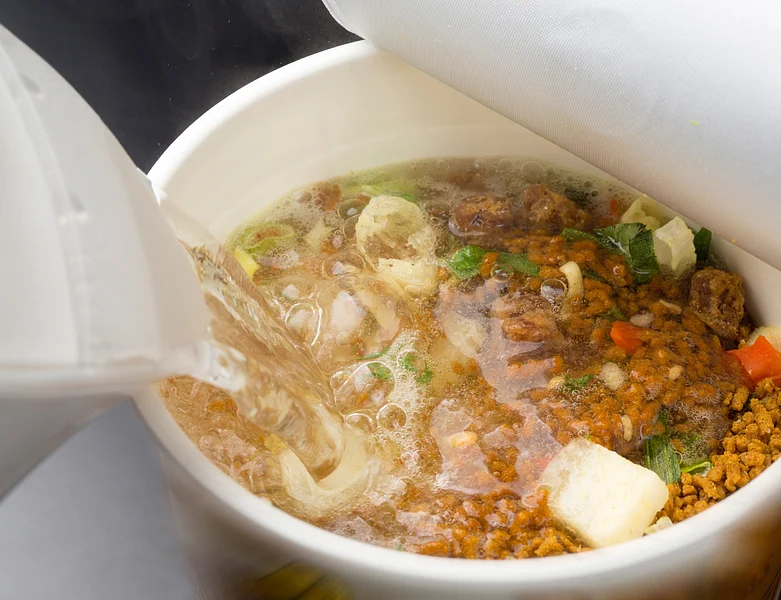Please call us to schedule your appointment or if you need us to help you decide which vaccinations you need.
(315) 848-3784
NEW! Access your prescriptions online. Click "Sign Up Today!" to create a new account.
Download our NEW Mobile App!
Get Healthy!

- Cara Murez
- Posted February 16, 2023
Why Instant Noodles Are a Danger to Your Kids
Ramen danger: A steaming cup of instant noodles is a big cause of scald injuries in children, researchers report.
A new study that examined pediatric admissions at University of Chicago Medicine for burn injuries caused by hot liquids found that nearly one-third were caused by instant noodles between 2010 and 2020.
"Anecdotally, it felt like every other child we were consulted on for a burn was injured by instant noodles, so we wanted to dive into the data to see what the trend really was,"said senior author Dr. Sebastian Vrouwe, assistant professor of surgery at UChicago Medicine.
"Our hope is to develop the groundwork for future burn prevention programming, as essentially all childhood burns are in some way preventable," he said in a system news release.
Researchers from the UChicago Medicine's Burn Center reviewed 790 cases, attributing 31% to instant noodles. The research team also found that Black children and kids who lived in areas with lower Childhood Opportunity Index (COI) scores were more likely to suffer these scald burns than their peers. Broadly stated, the COI is a measure of social, economic, educational and health conditions in neighborhoods.
Being unsupervised led to higher risk. About 40% of instant noodle burns occurred when kids were alone.
While the study examined only data from UChicago Medicine's Burn Center, researchers suspect the statistics speak to a larger, nationwide issue.
Instant noodles are a cheap, easy-to-prepare food. It usually comes in a plastic or disposable cup, into which boiling water is poured to reconstitute the noodles. The burns that result are slightly less severe than some other types of scalds, yet they are still dangerous, leading to hospitalizations. Sometimes, surgery, including skin grafting, is required, according to the study.
About 100,000 kids in the United States suffer scald burns from food and beverages each year.
"Direct caregiver supervision is one important step in burn prevention,"Vrouwe said. "The amount of heat contained in these noodles can easily cause second- and third-degree burns in anyone, but young children are particularly vulnerable due to their relatively smaller bodies and thinner skin."
The burn team has observed common behavior patterns in these scald incidents, such as inadvertent spills when removing containers from the microwave and spills while eating due to the narrow bases of instant noodle cups.
"We were surprised [by] the sheer magnitude of the problem, which confirmed that focused effort and awareness on these types of burns could have a significant impact in the communities that our burn center serves,"Vrouwe said.
He hopes to raise awareness and encourage more primary care providers to discuss burn prevention in the home. Simple measures can help keep kids safe.
"Lowering hot water heaters to 120 degrees Fahrenheit is one established way to prevent burns in the home," Vrouwe said. "If these reminders come from a trusted source, such as a child's pediatrician, we feel this might change behaviors over time and reduce the probability of sustaining burns."
An adult should always remove noodles from the microwave and keep them out of children's reach until sufficiently cooled, Vrouwe said. To further reduce risk, eat at a table rather than on a lap, he added.
Study findings were recently published in Burns, the journal of the International Society for Burn Injuries.
More information
Safe Kids Worldwide has more on child safety at home.
SOURCE: University of Chicago Medical Center, news release, Feb. 13, 2023







